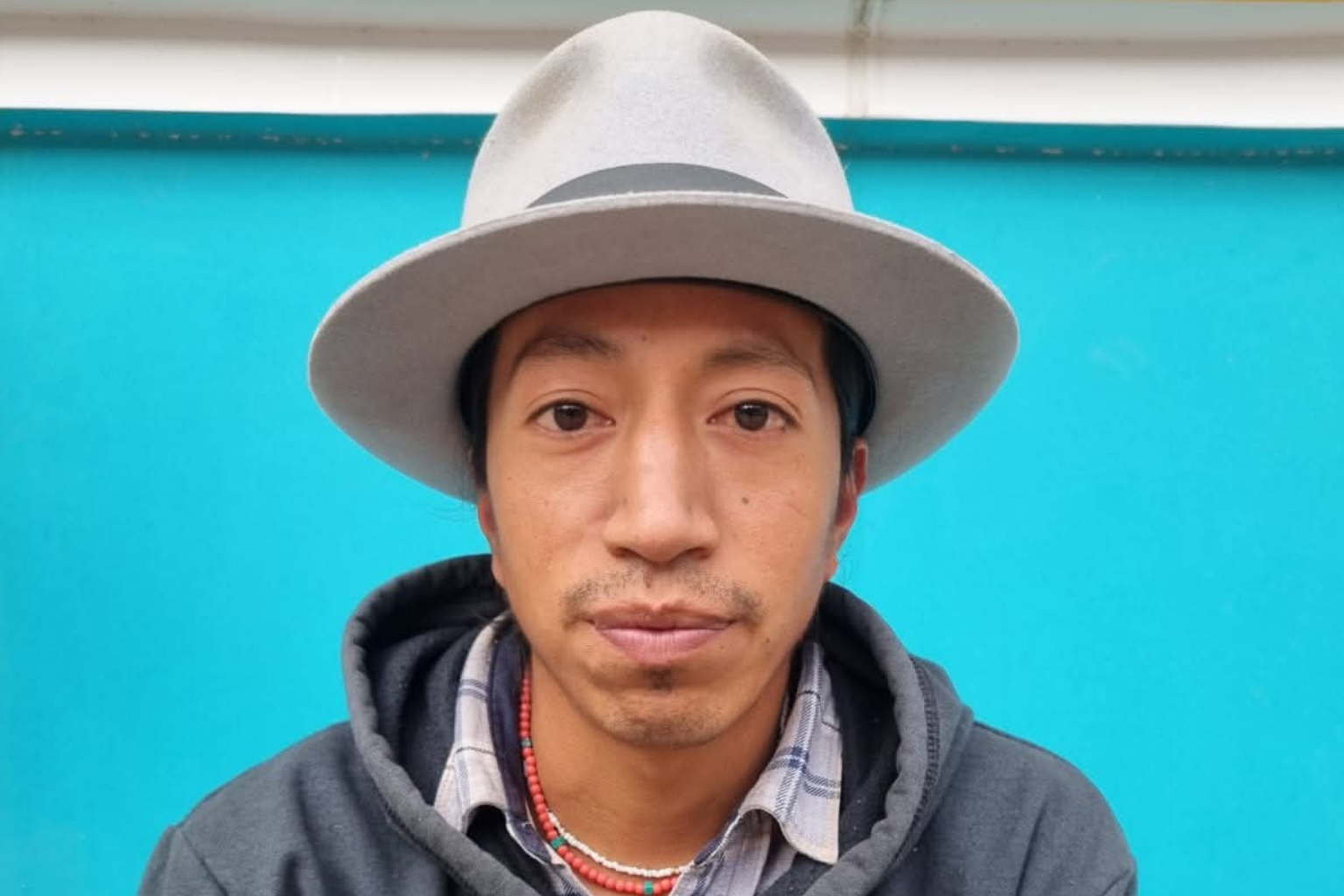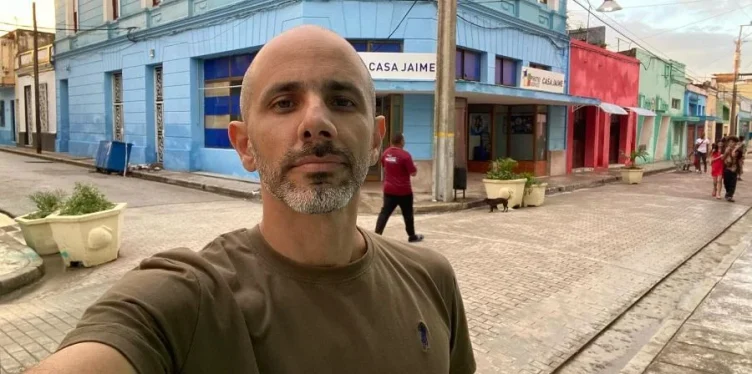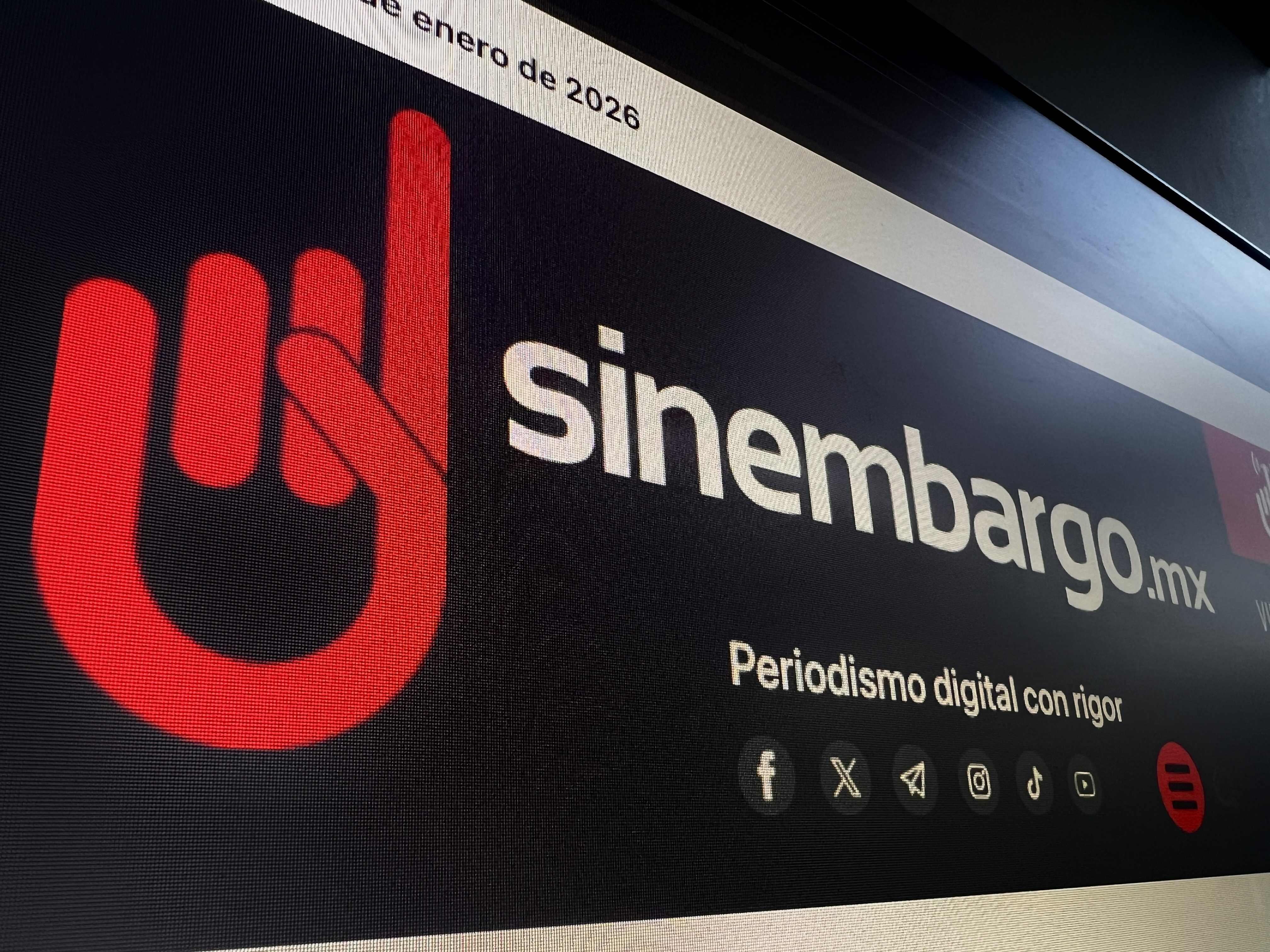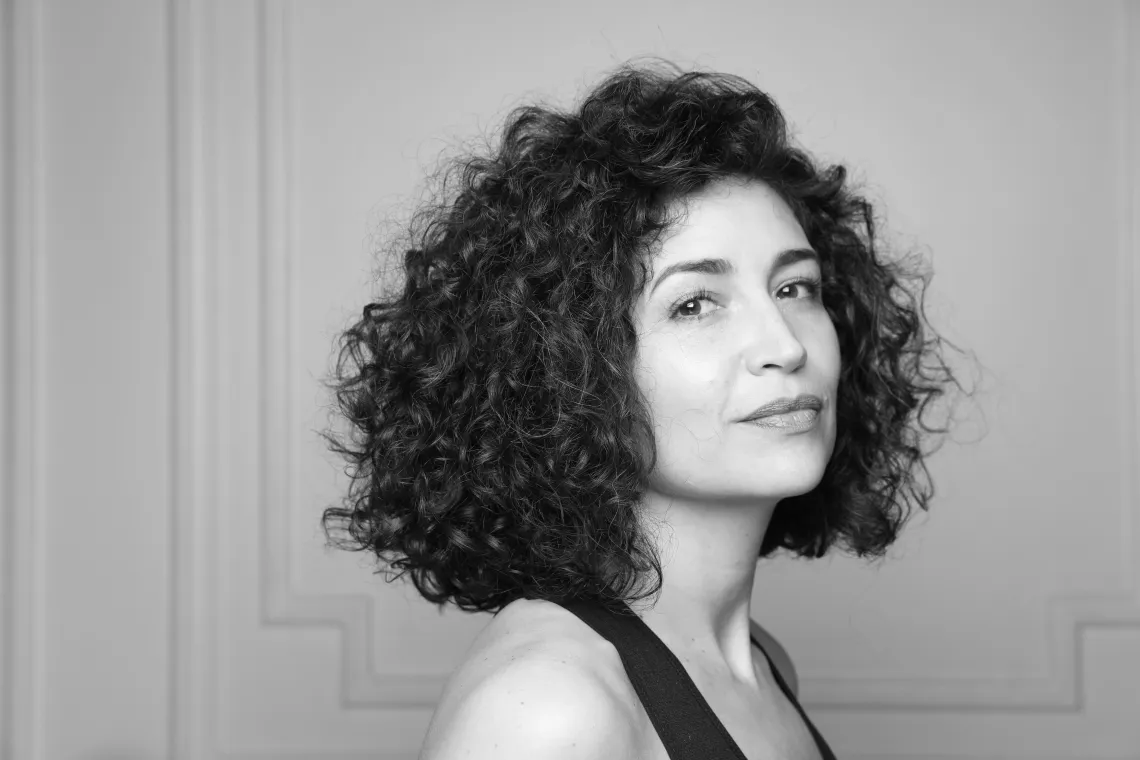
Afghan Journalist Killed, Colleague Wounded in Pakistan Border Fire
October 16, 2025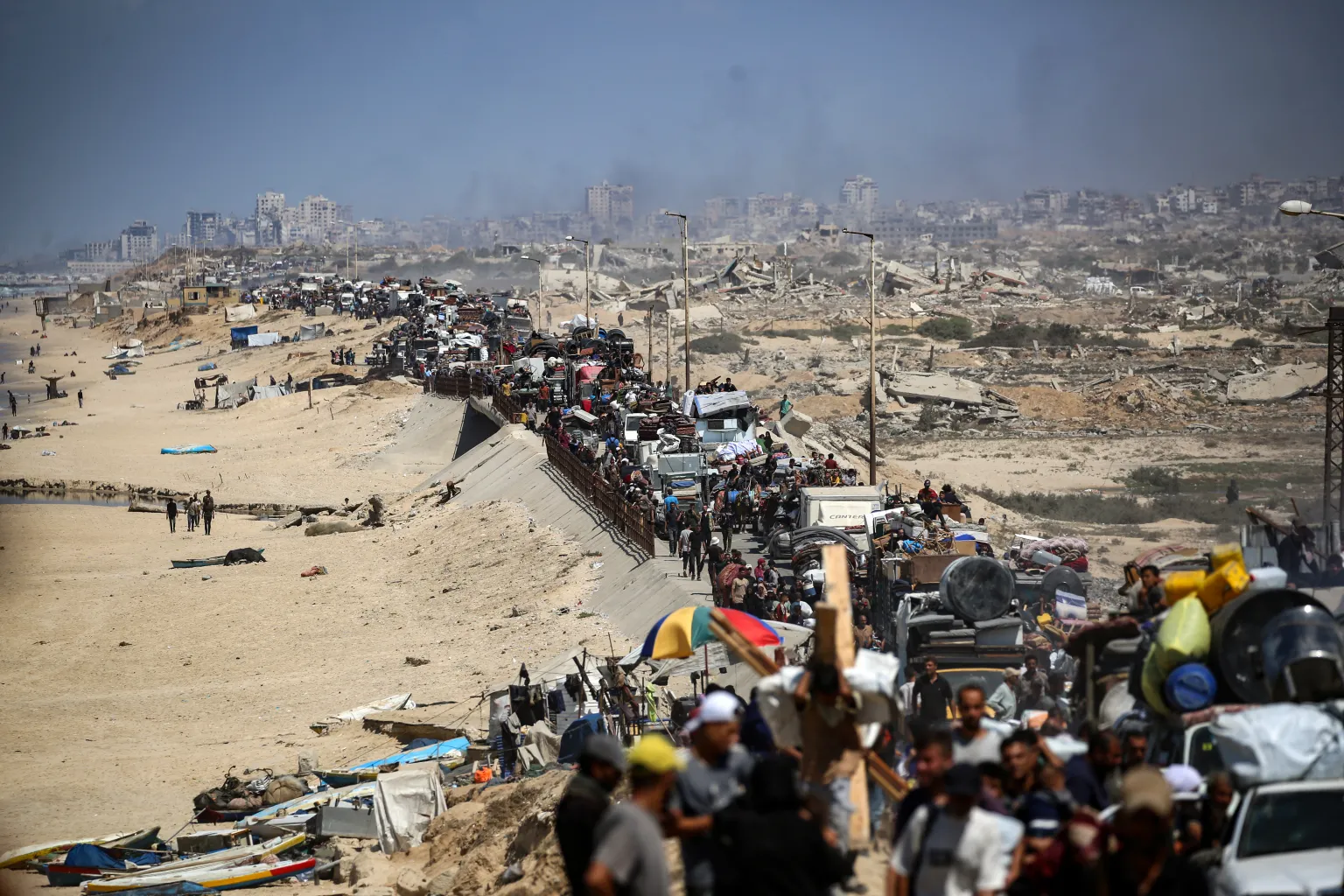
CPJ Challenges Israel’s Ban on International Media Access to Gaza in the Israeli Supreme Court
October 16, 2025October 16, 2025 – Ecuador –
In the wake of nationwide protests in Ecuador triggered by fuel-subsidy reforms, press freedom groups have documented a worrying escalation in violence against media professionals. Reporters Without Borders (RSF) reports that at least 55 journalists have suffered attacks since 22 September, as of mid-October 2025.
The protests, led by the Confederation of Indigenous Nationalities of Ecuador (CONAIE), are centered around Decree 126, which removes diesel subsidies and has sparked demonstrations across multiple provinces.
Among the most serious incidents occurred on 14 October in the city of Otavalo (Imbabura province), where community-television journalist Edison Muenala—who reports for APAK TV and belongs to the Kichwa indigenous community—was hit in the shoulder by a bullet allegedly fired by a member of the armed forces while he was documenting clashes.
According to the Committee to Protect Journalists (CPJ), Muenala was covering confrontations between protesters and Ecuadorian police/army when the shooting occurred. Due to blocked access to the local hospital, he was treated at a facility in the nearby town of Cotacachi and later released.
RSF highlights that attacks span more than physical violence: they includethe use of excessive force, online harassment, equipment destruction, and arbitrary interference by state security forces. The assaults took place in at least five provinces during protest coverage and disproportionately affected Indigenous and community-based journalists.
Both RSF and CPJ call on Ecuadorian authorities—especially President Daniel Noboa’s government—to carry out prompt, transparent investigations, hold perpetrators accountable, and adopt immediate safeguards to protect journalists at work. RSF warned that failure to act will further erode press freedom and undermine public access to accurate reporting during times of crisis.
This pattern of attacks underlines a broader decline in the safety of journalists in Ecuador: beyond the current protest wave, media workers have consistently faced threats linked to organized crime, state security operations, and political polarization.
Reference –
Journalist shot while covering clashes between protestors and Ecuadorian army, police

